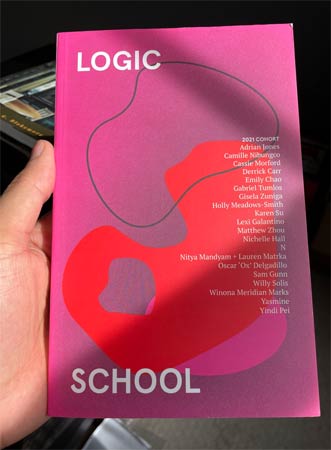A People’s History of Tech Interview
“It’s kind of been glorified in a way– the Facebook revolution, the Twitter revolution, mobile phones pushing for revolutions in whatever way. It’s not fully that. It’s more it was just one small part of what was happening.
Personally for me, the mobile phone in this case was important in the way that I would use it to get updates on what is happening on the ground, while I’m on the ground. In one example was just to understand which street I should go to based on what people are posting on Twitter…My first ever protests my first ever participation in the Arab Spring was on the actual first day, and it was specifically because I was out with my friend and we noticed stuff on our phones on our Twitter accounts, we noticed that there was a protest happening very, very close to where we are, we just had no idea that that was the revolution. We were hearing about it, but we didn’t really thought much about it. But we saw it on our phones. And we’re like, ‘Okay, we’ve never been to a protest before, let’s check it out.’ And that was the start of the whole thing.
I haven’t thought about it since now, it is interesting to think about how, that’s one small act was the start of it. Not to minimize the whole events in just a mobile phone. Because obviously, just having a phone in Egypt at that time is a privilege, just having internet on your phone is another privilege, having a Twitter account, is way way more privilege. So that makes us a really, really small minority. But in that minority, we were definitely glued and was stuck to our phone.”
